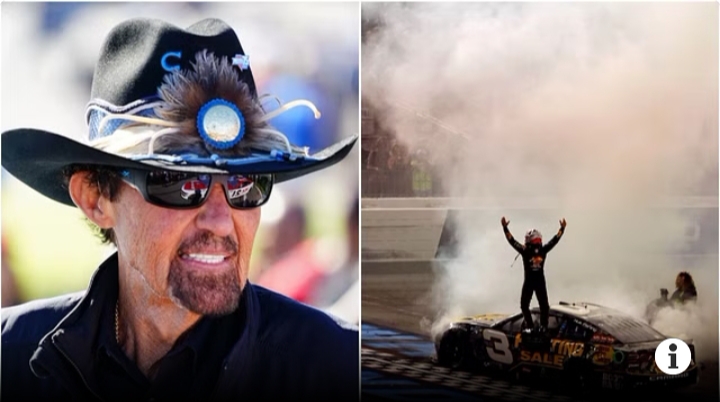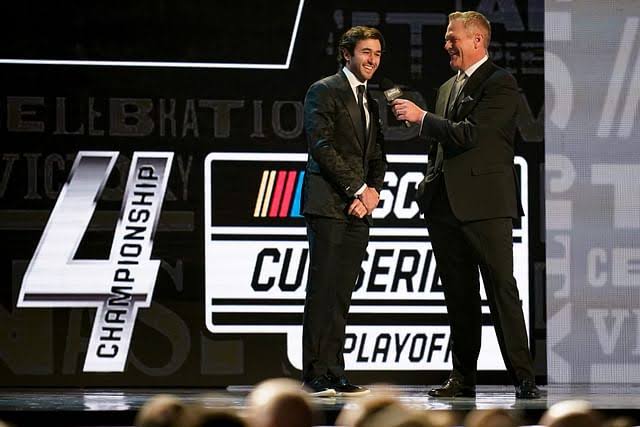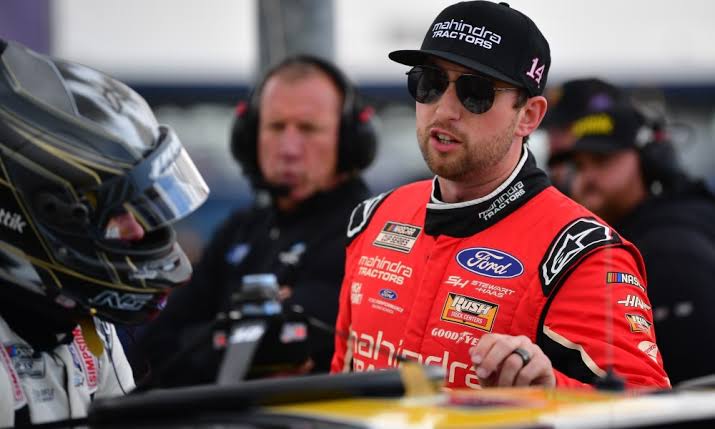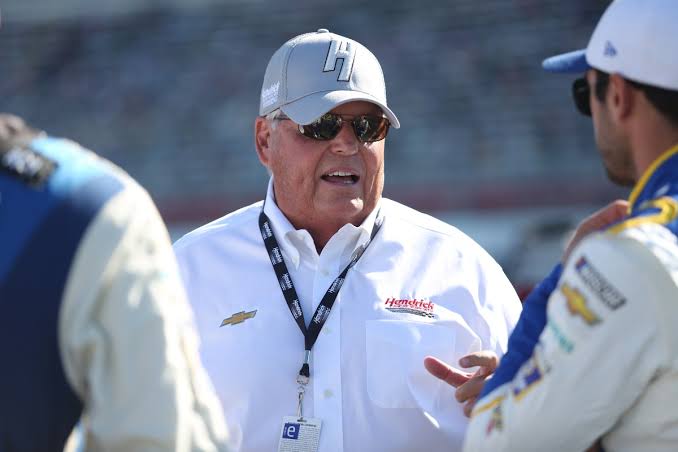NASCAR icon Richard Petty has voiced his criticism of Austin Dillon from RCR, who clinched victory in the Cook Out 400 through a contentious double-contact maneuver involving Cup Series competitors Joey Logano and Denny Hamlin.
Petty, a seven-time NASCAR Cup Series champion, raced from 1958 to 1992, racking up over 200 wins. He is famously associated with the #43 Plymouth for Petty Enterprises and was honored with induction into the NASCAR Hall of Fame in 2010, as well as receiving the Presidential Medal of Freedom in 1992.
During the dramatic final moments of the last overtime lap, Dillon, who was in second place, collided with Logano’s rear, causing the #22 car to spin into the wall. As Hamlin, positioned in third, tried to pass both drivers, Dillon inadvertently clipped Hamlin’s right rear, throwing off his balance just before crossing the finish line.
Richard “The King” Petty was not in favor of Dillon’s wreck-inducing tactics. In a recent post on X (formerly Twitter), Petty shared his thoughts on the incident.
1. The #3 car approached that corner, and if it hadn’t collided with the #22 (Logano) car, it would have crashed into the wall. I’m fine with a little bump-and-go, where you nudge someone out of the way and then pass them, but when you deliberately run someone off the track, that’s crossing the line,” he explained.
Nonetheless, Richard Petty commended the #3 car for its impressive performance, despite the drama on the final lap.
“By the time they made their last pit stop, the cars that were meant to be in the front were indeed up there. The #3 car maintained its position at the front all day, and nobody really talked about it,” the 87-year-old remarked.
Dillon’s victory at Richmond was his fifth in the Cup Series. He started in P32 before the Cook Out 400 and has now secured a spot in the 2024 playoffs.
“He was desperate,” Richard Petty responded to a fan’s question regarding the Richmond incident.
Richard Petty, the legendary NASCAR driver and team owner, articulated his thoughts on Austin Dillon’s performance during the recent race at Richmond, highlighting the palpable sense of urgency that seemed to drive Dillon’s actions on the track. After enduring a challenging stretch of 49 races without a victory in the highly competitive Cup series, Dillon finally managed to secure a win, but not without controversy. His triumph came at the expense of fellow competitors Denny Hamlin and Joey Logano, raising questions about the tactics employed in the final moments of the race.
During a fan interaction, one individual sought Petty’s insight regarding a pivotal moment that occurred during the only caution flag of the Cook Out 400. Petty, known for his candid and insightful commentary, offered a nuanced perspective on Dillon’s mindset. He noted, “I think he’s under a lot of pressure.” This statement underscored the weight of expectation that Dillon faced, not only from his team and sponsors but also from fans eager to see him break his winless streak.
Petty elaborated on Dillon’s performance, acknowledging that he had a strong car and was leading for a considerable portion of the race. “It appeared he was on track to win,” Petty remarked, indicating that Dillon’s early dominance suggested a promising outcome. However, the dynamics of the race shifted dramatically when the caution flag was waved, altering the trajectory of the competition.
As the race resumed, Petty observed that Dillon’s demeanor seemed to change. “Ultimately, he became a bit frantic,” he noted, suggesting that the pressure of the moment may have influenced Dillon’s decision-making. Petty described how Dillon pushed his car aggressively, narrowing the gap between himself and the competitors as he approached the corner. This aggressive maneuvering, while indicative of Dillon’s determination to secure the win, also highlighted the fine line between calculated risk and reckless driving in the high-stakes environment of NASCAR racing.
In summary, Petty’s reflections on Dillon’s race at Richmond reveal the complexities of competitive racing, where pressure, strategy, and split-second decisions can dramatically impact the outcome. Dillon’s victory, while celebrated, also serves as a reminder of the intense competition and the emotional rollercoaster that drivers experience on their quest for success.




